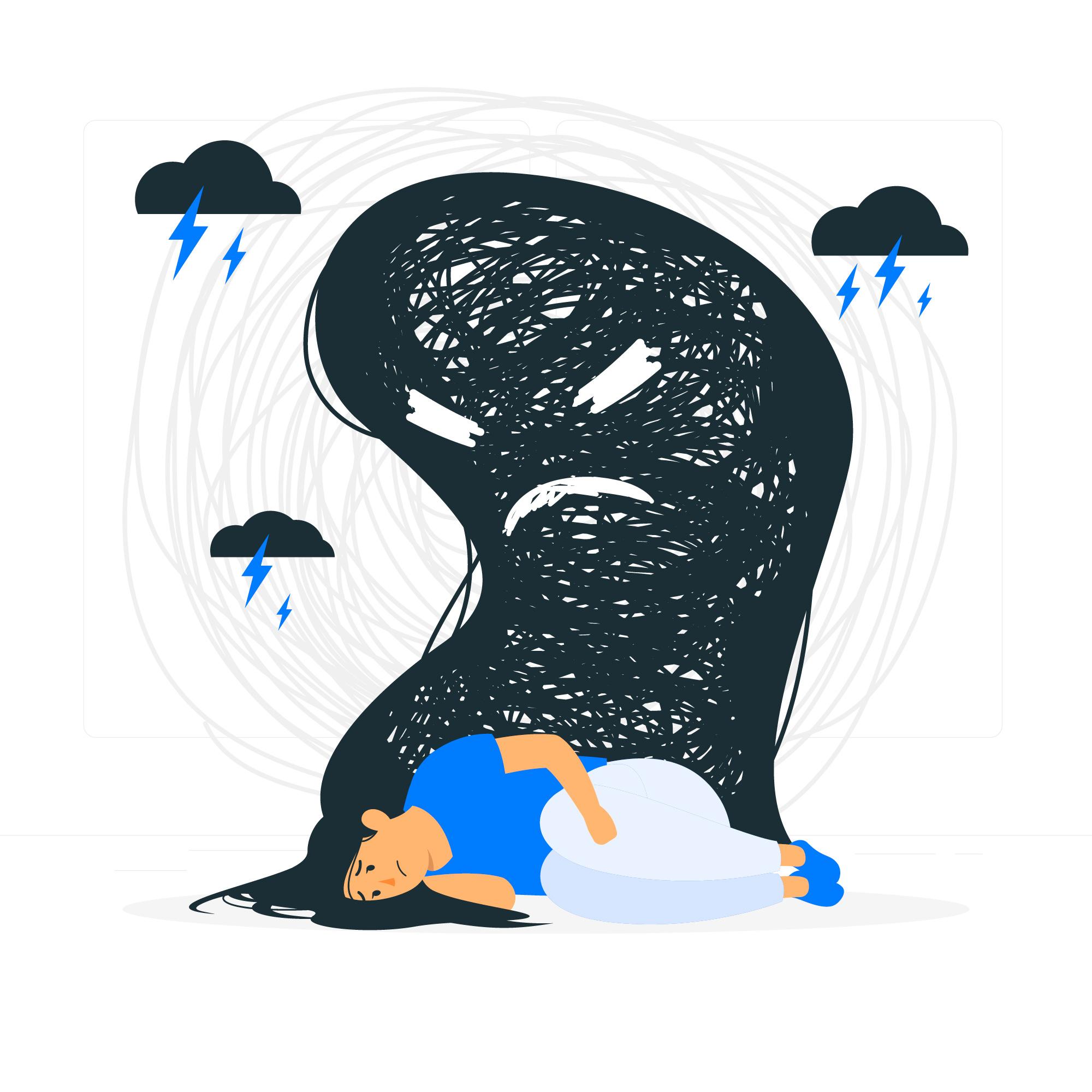Suicidal thoughts can be overwhelming and deeply distressing, affecting countless people around the globe. It’s often a sign of various mental health issues, such as depression, anxiety, and bipolar disorder. In this article, we’re going to discuss what leads to these thoughts and how they manifest themselves. More importantly, we’ll talk about the help and treatments available for those who are grappling with it.
Mental health struggles, like depression or anxiety, are among the main reasons people experience suicidal thoughts. These individuals might feel swamped by their emotions, hopeless, and powerless to handle what they’re going through. That’s when thoughts of suicide or self-harm may start creeping in as a perceived escape from suffering.
Apart from that, there are numerous other factors that can spark such thoughts – past trauma or abuse, addiction, chronic pain or illness, and even social isolation. All these contribute to the sense of desolation and despair which hinders people from finding a way out.
The symptoms of suicidal thoughts differ greatly for each person but commonly involve recurring ideas of suicide or self-harm, hopelessness or worthlessness feelings, changes in sleep or eating habits, increased substance abuse, and withdrawing from social interactions or relationships.
In case you or someone you know is going through this ordeal, it’s vital to reach out for help straight away. There’s an array of treatments for coping with these challenges – therapy, medication, and even hospitalization in extreme situations.
Therapy is a potential solution as it establishes a safe space for individuals to navigate their emotions and thoughts openly. Cognitive-behavioral therapy (CBT) is one example that has had positive results in managing suicidal ideation by pinpointing negative thinking patterns and creating coping mechanisms.
Medication is another helpful option. Prescribed antidepressants and anti-anxiety drugs can better regulate mood while easing depression and anxiety symptoms – this often decreases suicidal or self-harming thoughts.
For more severe cases, hospitalization might be inevitable in order to protect the person in question. Although it can be a tough decision and may feel traumatic, being in a secured environment ensures they receive intensive care and support for their symptoms. Alternative inpatient programs could also be considered; however, safety must always come first. Over time, stabilization will happen, paving the way for recovery.
To sum up, suicidal ideation is a grave mental health concern that demands immediate attention and appropriate interventions. Don’t hesitate to seek help if you or someone you know is showing signs of this emotional struggle. With the right care and assistance, people facing these difficulties can turn their lives around, effectively managing their mental health and significantly improving their overall well-being.





